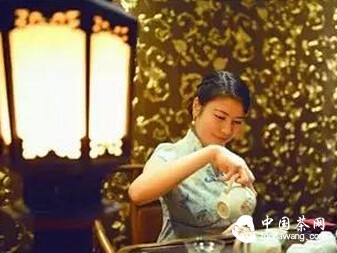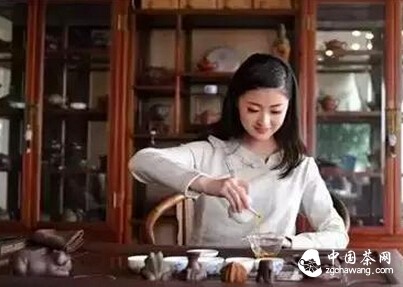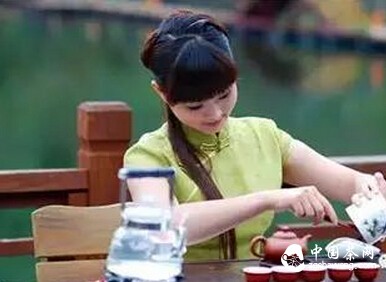Another handful of tea leaves was tossed into the thermos. It was somewhat helpless—another sleepless night was inevitable. After waiting a while, a sip of hot tea revealed the familiar taste of narcissus tea leaves, yet something felt missing. As a child of Chaoshan, tea holds a special place in my heart, so the absence of that subtle flavor was noticeable.

Do you know how much effort goes into capturing that missing flavor? Chaoshan Gongfu tea’s uniqueness lies entirely in the word "Gongfu" (effort). Chaoshan people don’t say "drink tea" but "eat tea," perhaps because in our dialect, the word "eat" encompasses "drink" and "sip." But I believe "eating" requires more effort and allows one to savor more flavors.
Even the best cook can’t make a meal without ingredients. Preparing Gongfu tea requires specific tea leaves. Chaoshan people favor oolong tea, and our household often enjoys two varieties—Tieguanyin and narcissus. We don’t say "tea leaves" but "tea rice." As a child, I assumed it was because the leaves resembled grains of rice. Later, I heard it’s because Chaoshan people prioritize tea, rearranging the "seven necessities of life" (firewood, rice, oil, salt, sauce, vinegar, and tea) to place tea at the top, hence "tea rice." While this explanation seems a stretch, it cleverly highlights our tea obsession.

First, boil water and wait patiently for it to heat. Once ready, rinse the teaware with the hot water to sterilize and warm the cups and pot. After emptying them, add the "tea rice," a step called "nà chá" (receiving tea). Then, pour water and brew, but the first infusion isn’t consumed. It’s used to rinse the leaves and remove foam with the lid, as the initial brew is often too strong or impure. The discarded tea water is used to warm the cups, as if "building rapport."
My favorite step is pouring the tea. There’s a saying: "Guan Yu patrolling the city, Han Xin ordering troops." Instead of filling each cup one by one, pour in a circular motion to ensure even color. The last drops, considered the essence, are evenly distributed—"Han Xin ordering troops"—to avoid bitterness in the next brew. This achieves the perfect balance of color, aroma, and taste.

Sadly, I’ve even skipped these steps lately. It’s unavoidable, but I still refuse coffee. How could a tea-drinking habit change overnight? As the elder Qin Mu wrote in "Tea Affairs in My Homeland Are Unrivaled": "Most drinks grow tiresome over time, but good tea never does."
The effort in "eating tea" isn’t borrowed—it’s self-made.